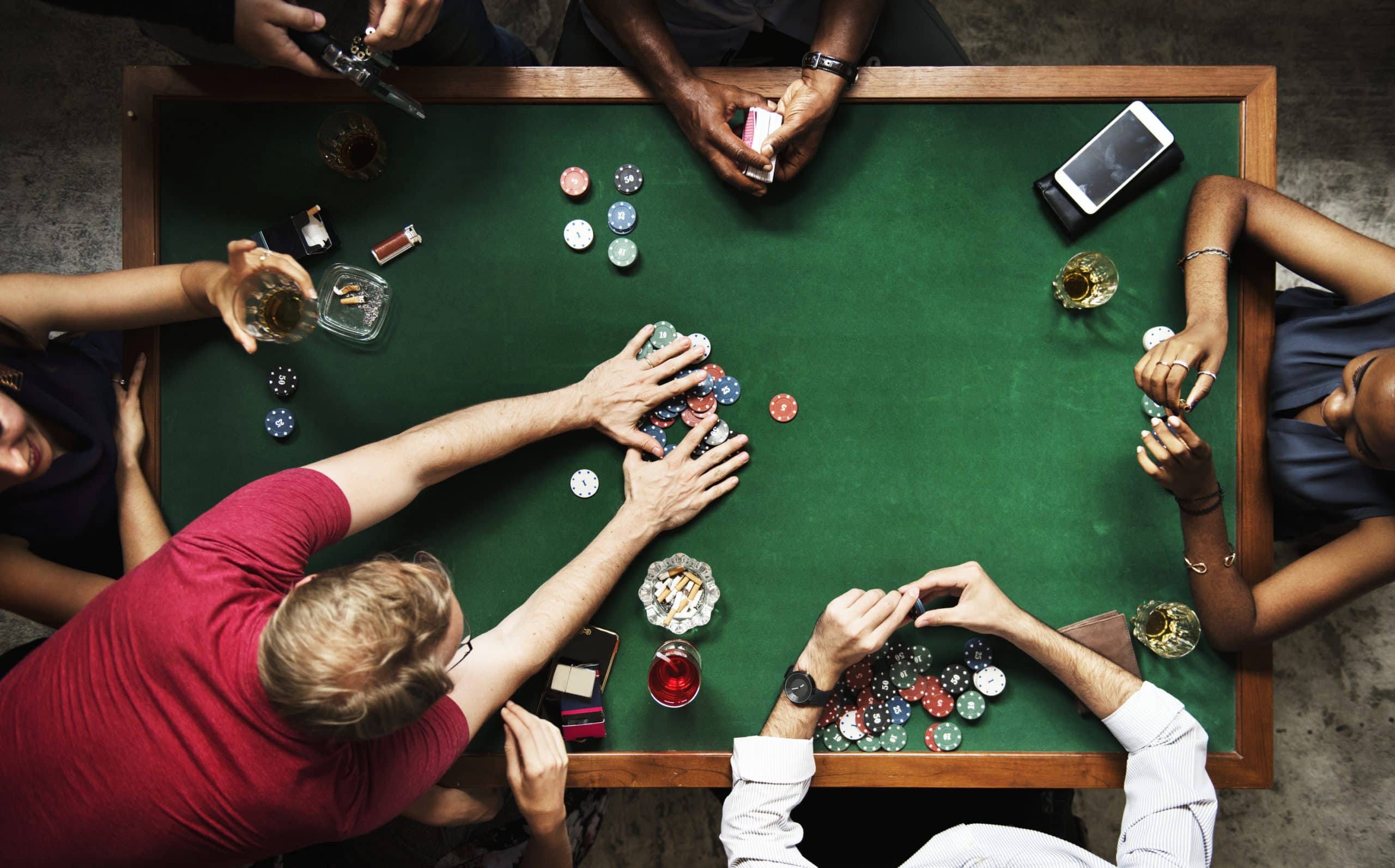How to Properly Socialize a Puppy with Other Dogs at the Park?

Welcome to an essential guide dedicated to new pet owners, especially those who have just adopted a puppy. This article will teach you how to properly socialize your puppy with other dogs at the park.
Socialization is an integral part of dog training. It determines how the pup will interact with people and other dogs. This guide will provide you with a step-by-step process to make the socialization process easier, more effective, and enjoyable for both you and your pet.
Also read : How to Make Your Garden Safe and Enjoyable for Chickens?
Understanding the Importance of Puppy Socialization
Before we delve into the how-to part, it’s crucial to understand the significance of puppy socialization. This phase plays an instrumental role in shaping your pet’s behavior in the long run.
Proper puppy socialization helps your pet grow into a well-behaved and confident adult dog. A well-socialized dog is more comfortable around other dogs and people, and less likely to develop behavior issues. On the other hand, a poorly socialized dog may become fearful or aggressive when exposed to unfamiliar situations, people, or dogs.
Topic to read : What Are the Benefits of Teaching Your Dog Hand Signals for Commands?
The process of puppy socialization should start from the time they are about three weeks old and continue until they are about 16 weeks old. This period is often referred to as the ‘critical socialization period’ for puppies.
Preparing Your Puppy for Socialization
It’s essential to prepare your pup for socialization before you take them to the park to engage with other dogs. Preparation is the first step to successful socialization.
Firstly, ensure that your puppy is healthy and has received all necessary vaccinations. Consult your vet about the best time to introduce your puppy to other dogs, especially if they are still in the process of getting their shots.
Next, introduce your puppy to a leash. Start with short walks around your neighborhood, gradually increasing the distance. This will help to build their confidence and familiarity with the outside world. Use positive reinforcement, like treats or praise, to make these walks enjoyable for your pup.
Introducing Your Puppy to Other Dogs
Now you are ready to take your pup to the park for the first time. Remember, successful socialization doesn’t happen overnight. It requires patience and consistency.
When you get to the park, let your pup observe from a distance. The sight of other dogs playing and interacting will pique their curiosity. If your puppy appears nervous, don’t force them to engage. Instead, sit with them calmly and offer reassurance.
When your puppy seems ready, allow them to approach other dogs slowly. Keep an eye out for any signs of aggression or fear from either party. If you notice such signs, calmly remove your pup from the situation.
Training Your Puppy to Play Nicely
Training your puppy to play nicely with other dogs is a crucial part of the socialization process. It involves teaching your pup to read and respond to other dogs’ body language appropriately.
Start by observing how your puppy interacts with other dogs. Are they behaving appropriately? If not, it’s time to intervene. For example, if your puppy is too rough, you should step in and redirect their behavior. Similarly, if another dog is being too rough with your puppy, it’s okay to intervene.
Remember to reward your puppy with treats or praise when they play nicely. Positive reinforcement will encourage good behavior and make the training process more effective.
Keeping Up with Socialization
Building your puppy’s social skills is not a one-time process. It’s important to keep up with socialization even after your puppy has become comfortable interacting with other dogs.
Take your pup to the park regularly. This will give them a chance to meet and play with a variety of dogs. Regular exposure to other dogs and people will help your puppy continue to build their social skills and confidence.
To ensure that your puppy remains well-behaved, reinforce good behavior and intervene when necessary. Remember, consistency is key in dog training.
In conclusion, socializing your puppy with other dogs at the park is a crucial step in their training. It helps your puppy grow into a confident and well-behaved adult dog. With patience, consistency, and the right approach, you can make the process of socialization enjoyable and effective for both you and your puppy.
Dealing with Unforeseen Situations at the Dog Park
Once your puppy is comfortable interacting with other dogs, it’s important to prepare for unexpected scenarios at the dog park. Despite your best efforts, your pet may encounter unpredictable situations that can affect their behaviour.
One such situation can be encountering an aggressive dog. It’s important to stay calm and not panic in such instances. An anxious response from you can further distress your puppy. If your puppy is being threatened, calmly remove them from the situation and alert the owner of the aggressive dog. Remember, it’s not your puppy’s job to deal with an aggressive dog—it’s the owner’s.
Your pet may also come across bigger and stronger dogs at the park. Teach your puppy to avoid rough play with these dogs to prevent any injuries. If your puppy is scared or overwhelmed, it’s acceptable to pick them up for a while. However, try to encourage them to interact with bigger dogs gradually and under controlled circumstances.
It’s also important to be prepared for your puppy to have a ‘bad day’ at the park. Just like humans, dogs can have off days where they might not want to play or interact much. If your puppy is acting unusually reserved or nervous, it might be best to cut the park visit short and try again another day.
Finally, always remember to clean up after your puppy. This is not only courteous to other park users but also helps to prevent the spread of diseases.
The Role of a Professional Dog Trainer in Puppy Socialization
If you find yourself struggling with socializing your puppy, don’t hesitate to seek help from a certified professional dog trainer. They can provide valuable guidance and support throughout the socialization process.
A dog trainer can help identify any issues your puppy may be having and offer solutions to address them. They can also provide a controlled environment where your puppy can interact with other dogs under professional supervision. This can be particularly helpful if your puppy is showing signs of fear or aggression.
However, remember that hiring a dog trainer doesn’t absolve you of your responsibilities. You will still need to continue socialization efforts at home and during your visits to the dog park. Consistency in training and socialization is crucial to your puppy’s development.
In conclusion, socializing your puppy with other dogs at the park is an important part of their growth and development. It helps build their confidence, improves their behavior and makes them comfortable around other dogs and people. While it may require patience and consistency, the rewards of a well-socialized adult dog are well worth the effort. And remember, you’re not alone in this journey. There are resources and professionals available to help you navigate through the socialization process. So, take a deep breath, get ready, and make your way to the dog park. Your puppy’s social journey begins now!
